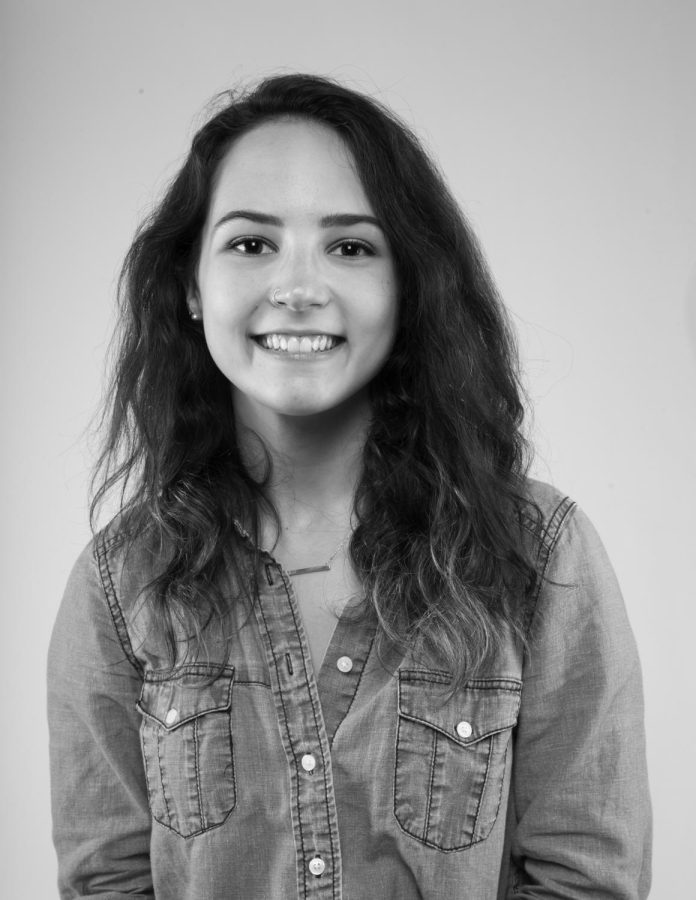Opinion: Addiction doesn’t exclude
October 19, 2016
Sitting in my room, I hear a door downstairs shut. For some reason, I feel my heartbeat quicken and a faint dropping sensation in my stomach. Dread sets in, just over a roommate leaving for class.
It’s always one of the first things I bring up about my anxiety. Something about the sound of doors shutting, and especially if they slam. Hearing voices in the distance or watching an argument also did the trick.
Growing up, I heard the front door slam more than once whenever my brother picked a fight with my parents. To cope, I sat uncomfortably in my room, watching cartoons on high volume.
It started with the arguments, seeing my brother show up at home unannounced after maybe a day or two. He started hanging out with the “bad crowd” in school, and drugs followed.
His addiction took a few years for me to notice something was wrong. For a while, it was hard to believe my brother had started doing drugs. There was no way, I thought. We all had great childhoods: loving parents, a good home — drug addiction didn’t make sense to me at the time.
By late middle school, my brother was going in and out of rehabs, but to no avail—give or take a couple months of sobriety.
Though he was mostly out of the house, whether he left on his own or was kicked out, his addiction found its height in heroin.
By my later high school years, my brother was out in California — homeless and still battling his addiction. My parents were left with no choice but to kick him out, which I still know has to be a heartbreaking decision to make about one’s child.
One night, I woke up in a panic and rushed to my computer to look up the Los Angeles Times obituaries in case I saw my brother’s name.
Eventually, he was arrested for robbery and went to prison. After getting out the first time, he was arrested again for breaking parole.
Back to prison.
The more we grew up and understood heroin addiction, the more my other brother and I grew closer as siblings, realizing the oldest of the three of us was in trouble.
When I was a freshman in college, my brother’s addiction had existed for about eight years. I received a call from my mom one night, preceding a text saying my brother was out of prison. Shortly after, I found myself on a plane to LAX as a ball of nerves. I hadn’t seen him in maybe four years at that point, and I hadn’t spoken to him for at most a couple years at a time.
The person I saw with my mom at baggage claim was far different from the person I’d seen in Ohio in high school. He had color to his skin, was no longer skinny and gaunt, and actually looked happy.
I wish I could say the column ends there, but addictions aren’t as fair as we want them to be. After nearly a year of sobriety, he relapsed. On a steady downward spiral from there, he was out of the house again.
It’s nearly 10 years now since my brother’s addiction started. I’ve come to peace with the fact that, unfortunately, heroin can touch any life. I learned that no matter how well you’re raised —or how careful you are — no one is exempt from addiction.
Skye McEowen is the print managing editor, contact her at [email protected].












